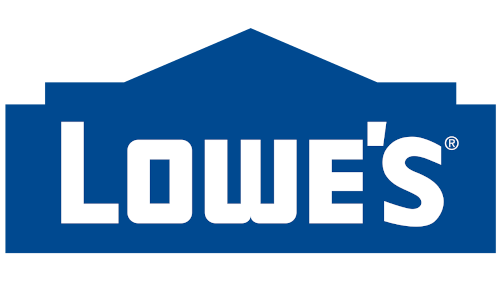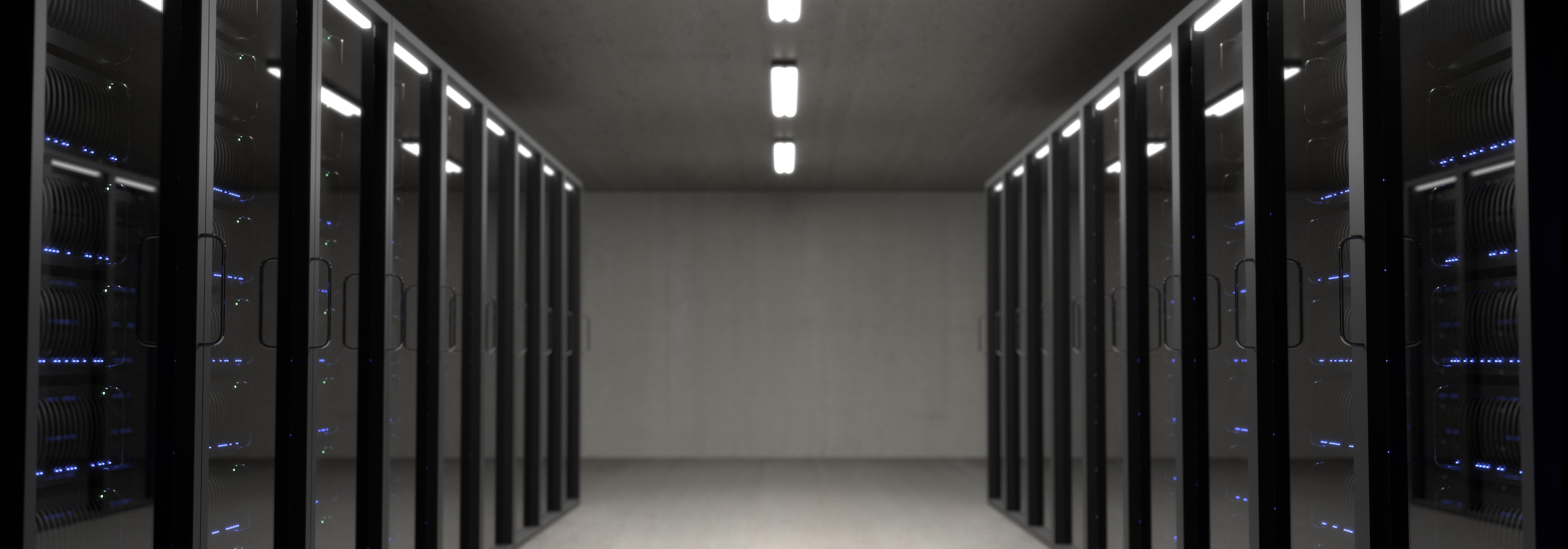Physical Data Center Security: Slamming the Door on Unauthorized Users
Data center security threats are a constant worry for many data center managers. Whether you manage a traditional enterprise facility or a colocation data center, protecting your and your customers’ assets and data is rapidly becoming just as important as maintaining uptime and operating efficiently. The concerns around physical data center security breaches are so significant that they are even driving some organizations to migrate from hybrid environments back to on-premise data centers.
What steps can you take to safeguard your data centers from physical security risks? That’s where Data Center Infrastructure Management (DCIM) software comes in. A comprehensive data center software solution can help you track who goes in and out of your data center to reduce the potential for physical unauthorized access.
Keeping the following considerations in mind can help you plan and implement your data center security protections with DCIM software:
How can you control physical access to different areas of your data center?
At a fundamental level, physical data center security requires you to restrict access to your data center. In most cases, this starts door locks, whether they be for rooms, containment areas, or individual cabinets. But how do you know who has keys—either manual or RFID smart cards—to these areas? More importantly, how can you secure these areas in colocation data centers, lights-out data centers, or other facilities where you don’t have anyone on site?
A robust DCIM software solution should enable you to physically lock down areas of your data centers electronically based on contact and closure sensors associated with doors. Within the data center software, you can assign key cards and control access permissions at granular levels. Authorized users should be able to request to lock/unlock a door from the software or via their key cards (assuming a card reader is attached to the door). Meanwhile, administrators should be able to remotely control doors from anywhere. For example, you’ll want to be able to tell whether a door is locked/unlocked or open/shut. Finally, real-time surveillance feeds should be integrated with your DCIM software so you can keep an eye on it even when there’s no one on site.
How can you track who goes in and out of your data center?
Having the controls in place to keep unauthorized users from accessing areas of your data center is only half the battle. It’s just as important to make sure that your controls are working as intended by auditing access requests.
Data center monitoring with DCIM software isn’t limited to only outlet-level metering, temperature and humidity sensors, and other indicators related to power and cooling. DCIM tools can also help you monitor door security and success with real-time audit logs and reporting.
Smart cards and RFID authorization are key to tracking access attempts accurately. Each access attempt, including whether it was successful or not, should be logged for auditing purposes and is critical to ensuring compliance with HIPAA and other industry standards. You can also stay updated on attempts from unauthorized users and whether doors have been left open or unlocked with trap notifications, alarms, and events.
How will you minimize the human error factor for physical data center security?
Of course, even if users are authorized, they may still inadvertently engage in behaviors that compromise the security of your data centers. For example, they may forget to lock a cabinet door after completing a work order. On the flip side, they may prop a door open—even when it should be shut tight behind them—to give themselves more space or breathing room when trying to change out a server or make a connection.
The potential for human error in cases like these can be significantly decreased with DCIM software. A user-configurable timer within the software can set the door to automatically re-lock after a certain interval, ensuring that your cabinets and containment areas will not be left unlocked and protected. Meanwhile, your notifications and reports can let you know whenever a door isn’t closed or locked properly.
While perhaps not traditionally considered a data center security solution, DCIM software provides several features that can help you safeguard your facilities against physical security threats. The considerations outlined here can help you get an idea of how to implement security measures in your data center through DCIM features like surveillance feeds, granular permissions, audit and compliance reports, and remote door control. Even the most secure data centers are unlikely to avoid every possible physical threat, but you can leverage data center software to protect your data center against one of the most common risks: unauthorized access. In doing so, you’ll be able to free up time and resources for your more important data center management tasks.
Looking to try physical data center security with DCIM? Demo Sunbird’s DCIM software today and find peace of mind for both you and your customers.





























